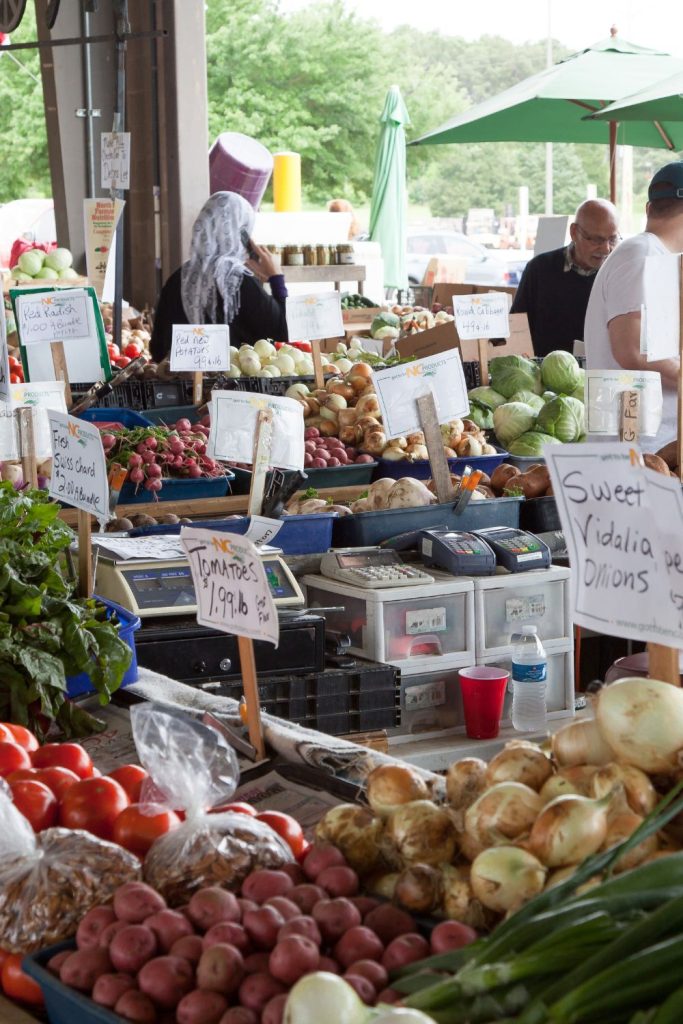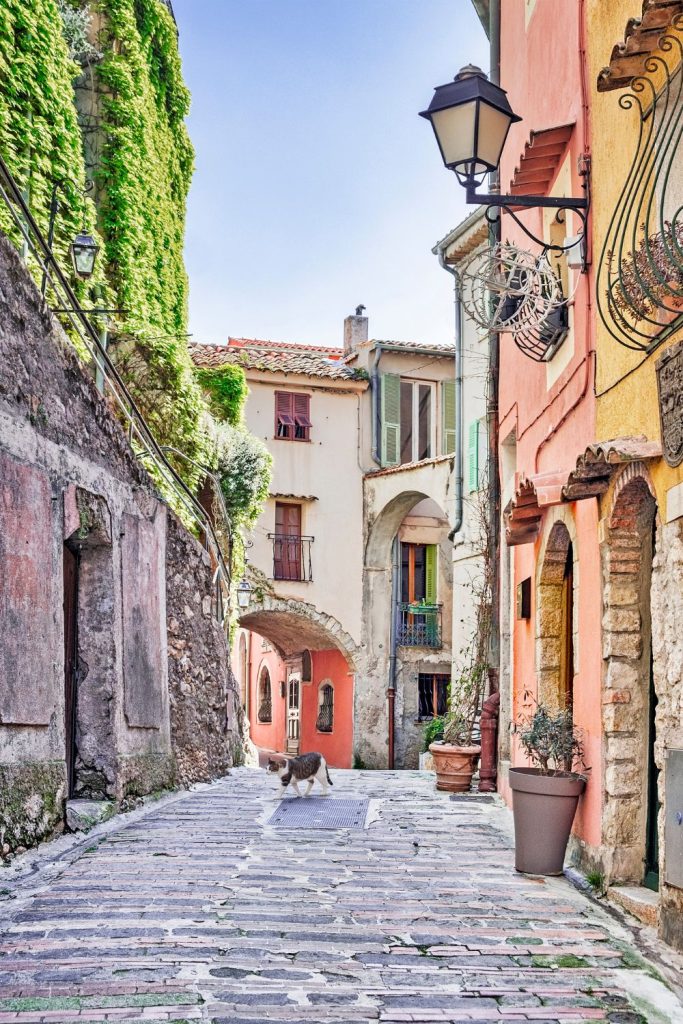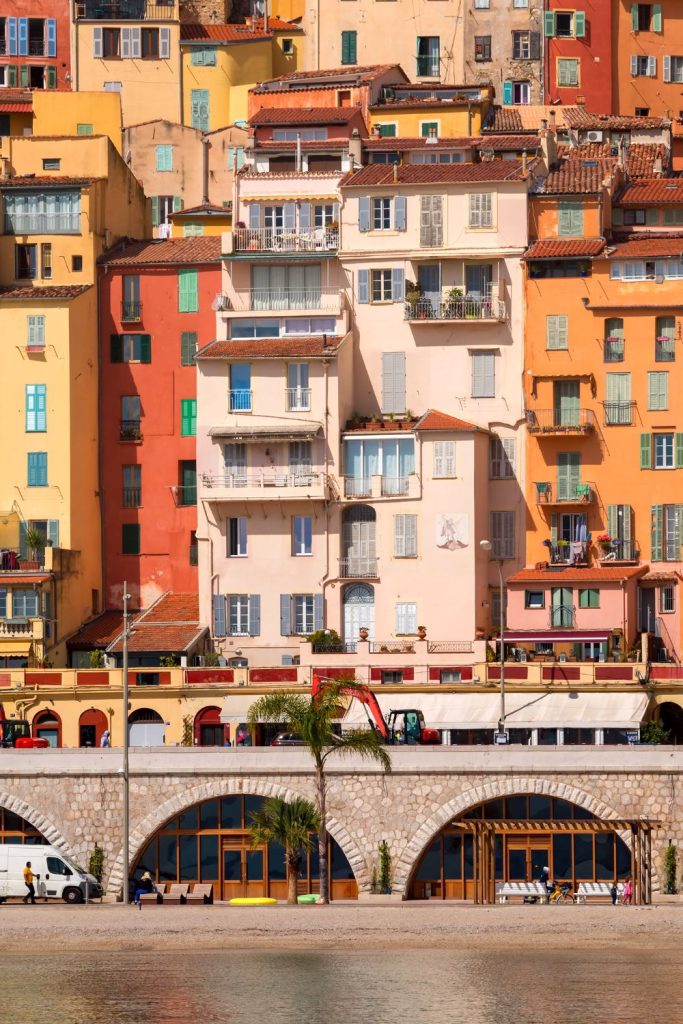Could flight-free holidays ever become the norm? Right now, flying is the norm for most of us going on holiday. Sadly, this isn’t great news for the planet, given that flying is one of the most carbon-intensive things we can do as individuals. I read an article recently that reflected a glimmer of change happening.
Influencers being sent on extravagant brand trips no longer excite Gen Z, the generation that has been immersed in social media. The opulent lifestyles of internet celebrities no longer align with their aspirations. Instead, they prioritise authenticity, sustainability, and ethical consumption, as stated by Katya Varbanova, a social media marketer and content creator in a recent Business Insider article. As a geriatric Millennial I would argue that Gen Z are not alone.
Luckily, there’s a travel company stepping in to beckon in this change, offering flight-free holidays that don’t cost the planet.
Rail travel accounts for just 14g of CO2 per passenger mile, dwarfed by air travel’s 285g.
Energy Saving Trust, 2018
The first 100% flight-free travel platform
Byway is the first 100% flight-free travel platform, creating customisable travel and accommodation packages away from the traditional tourist trails, using trains, buses and ferries, with on-demand support via WhatsApp throughout. The company was founded in 2020 by Cat Jones, who’s never owned a car and whose annual family holiday is by train and bike, whatever the weather. As a start-up coach and investor with degrees in Sustainable Development and Physics, she jumped at the opportunity to make environmentally friendly travel more accessible as Covid sent travel as we knew it into free-fall. Trips are currently available across Europe. All bookings include customised transport, hand-picked accommodation and experiences, on-demand expert advice, and a low carbon footprint. Win-win.
Hidden advantages of flight-free travel

Explore the local area
When travelling by train there are lots of hidden advantages, not only are you reducing your carbon footprint, you can explore the local area and not spend hours travelling to the airport and waiting around in the lounge. Taking a look at the nearby area is a great option, as it means you’ll have a much better idea of what’s around you, and you’ll have a good idea of what you can do during your stay. You can explore the local restaurants, for example, and take a look at all the menus so you can pick the right place to enjoy your dinner later that day. Or you can investigate the various attractions that you might try, and decide on an itinerary for however long you’re going to be in that location.
If you know you’re going to arrive many hours early in a busy place like London, for example, and it’s highly unlikely that your room is going to be ready, you can use left luggage London services so you don’t have to drag a large bag around with you, and either use public transport or walk to do your exploring. It’s great to get a good lie of the land to give you a headstart on your adventure away from home, and it will also help to make you feel more confident when you’ve checked in and you’re ready to really explore – you’ll already know where things are and the best routes to get to them.

Have a richer experience: Travel like a local
One of the best things you can do when you’re away from home, staying overnight (or for many nights) in a new place is to strike up conversations with the locals – they’ll be able to offer plenty of advice about where to eat, what to do, where to go, and maybe even the places to avoid (and the reasons why).
If you’re in a country that speaks a different language from your own, this is your ideal chance to practice that language and build your confidence, and it’s also a fantastic opportunity to get to know the place for real, rather than what the guidebooks say.
Once you check into your hotel room and start your holiday, you might not have a lot of time to talk to the locals, especially if you already have a packed itinerary, so doing it when you’re waiting for the room to be ready makes a lot of sense, and could really enhance your break away from home. Travelling by train and public transport offers a much better opportunity to connect with the local community and strike up conversation.

Help to combat overtourism
Overtourism occurs when visitors negatively affect the locals’ quality of life and the environment. This can be caused by various factors such as the emergence of budget airlines, the arrival of massive cruise ships at small ports, and the influence of social media. Slow travel, on the other hand, redirects people from overcrowded tourist destinations to places that seek tourism income.
Slow travel goes beyond being environmentally conscious and choosing sustainable transportation options; it encompasses the holistic advantages of embracing a slower approach and savouring the journey. It involves immersing oneself in a destination – indulging in its culinary delights, admiring its natural beauty, connecting with local, delving into the culture – and relishing the flexibility and spontaneity that come with flight-free travel.




